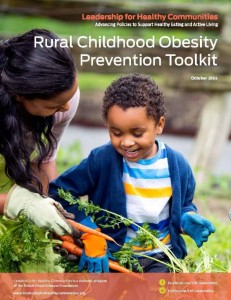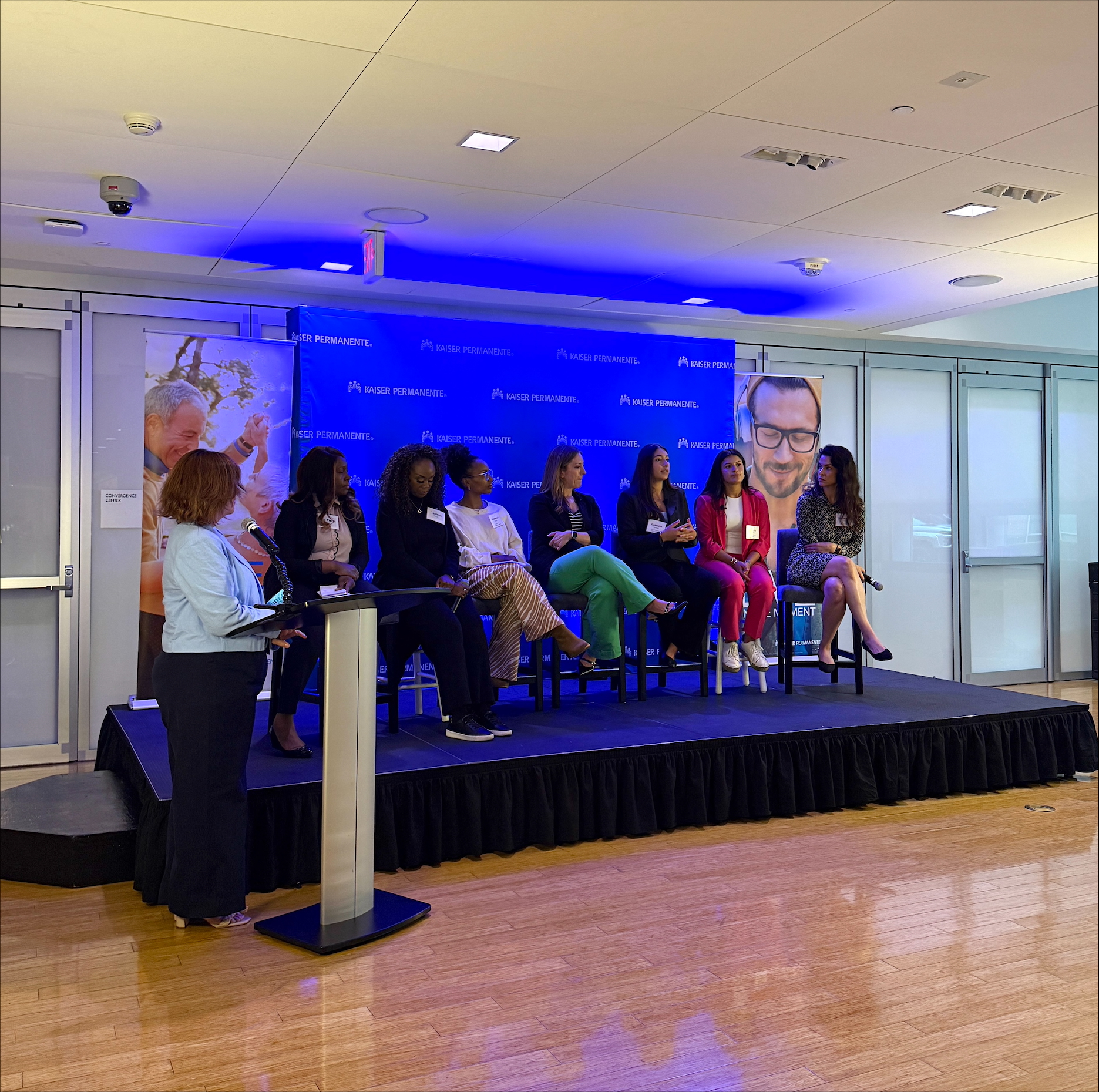Awareness of the problem of obesity has grown exponentially. Many of us have sounded or heeded the urgent call to get moving and get children moving, and to take the time to prepare the fresh, nutrient-rich foods our bodies deserve. Signs of progress have begun to appear.
But those signs are neither as common nor as bright in rural America, where the obesity rate is significantly higher than in urban areas. The new Rural Childhood Obesity Prevention Toolkit (October 2014) from the Robert Wood Johnson Foundation (RWJF) begins with the hard facts that explain this disparity: obstacles to healthy eating and active living in rural areas range from higher prices for fresh produce to severe shortages of physicians to higher rates of deep poverty.
But the vast majority of pages in this highly readable primer are devoted to solutions. Some of the promising strategies – complete streets, rails-to-trails, safe routes to school, mobile markets, fresh food financing initiatives and local procurement policies, for example, are already in place in rural areas and are captured in tangible, replicable case studies, including a few from tribal lands.
 Even if you’re familiar with these innovative approaches, the compilation here lays the range of opportunity plain and underscores where federal funding lies.
Even if you’re familiar with these innovative approaches, the compilation here lays the range of opportunity plain and underscores where federal funding lies.
Part 1: Active Living and the Built Environment, summarizes the best thinking on smart growth strategies and highlights effective approaches for mobilizing community members and schools to support safe, consistent physical activity. A highlight of the section devoted to community-led policy development is the YMCA’s Diabetes Prevention Program, already accessible in rural areas served by the Y.
Part 2: Healthy Eating focuses on policies schools can adopt to promote healthy eating habits, integrate nutrition education, expand access to locally grown fresh food while benefiting farmers, and limit students’ access to unhealthy processed foods.
With ample evidence about what works to foster health and programs and policies that can serve as steady guides for policymakers, the toolkit should prove indispensable in places where the will to help children (and the rest of us) thrive is alive and well and the way is under discussion.
The toolkit was created by Leadership for Healthy Communities, a national program of the Robert Wood Johnson Foundation designed to support local and state government leaders in their efforts to reduce childhood obesity. To be part of the dialog the toolkit is sure to inspire, follow LHCommunities on Facebook and Twitter.




